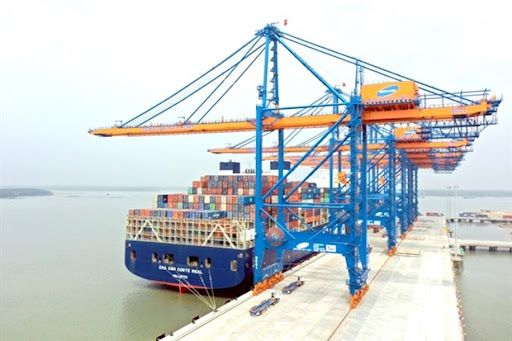Vietnam expressed an approach to Mexico related to the term market economy in the World Trade Organization (WTO).
In the case of centrally planned economies, the investigating agency in Mexico uses the price of similar goods in a market economy third country to calculate the dumping margin.
Article 48 of the Law prescribes that «centrally planned economies are those in which, in the absence of proof to the contrary, the majority of the enterprises are wholly or partially owned by the State, and in which the criteria for operation, including prices, production, investment programs and employment levels, are under the direct control of the Government».
In the framework of the negotiations of the Comprehensive and Progressive Agreement for Trans-Pacific Partnership (TIPAT), the Secretary of Economy sent a letter to the Minister of Industry and Trade of Vietnam, in which he stated that Mexico’s legal framework on trade remedies does not provide for the determination of a non-market economy for other countries and affirmed that Mexico would treat Vietnam the same as other countries.
Therefore, Vietnam stated that it would like to request Mexico to clarify its legal framework on market economy and/or centrally planned economy.
In the case of trade remedy investigation against imports from other countries in general and Vietnam in particular, on what basis does Mexico’s trade remedy investigating agency use surrogate value? Does Mexico have a list of countries as sources for surrogate value?
Market economy
The regulatory framework applicable in Mexico basically consists of the provisions indicated by Vietnam: Article 33 of the Foreign Trade Law and Article 48 of the Foreign Trade Law Regulations, in addition to the provisions contained in international legal instruments, such as the WTO Accession Protocols of certain countries.
Indeed, the Mexican regulatory framework applicable to the matter does not empower the Mexican government to grant a certain country a permanent recognition that accredits that country as a market economy or not, as a whole.
Furthermore, according to the Government of Mexico, in the Mexican system, the analysis is made on a case-by-case basis, and it is determined whether the sector or industry subject to a trade remedy investigation operates under market conditions or not.
As can be seen, the analysis is not done on the economy of the investigated country as a whole, and no recognition is given to the country in that sense.
That is the way Mexico’s regulatory framework operates, and it is applied equally to all countries.
Therefore, it is correct that Mexico gives equal treatment to Vietnam in relation to the rest of the countries.
Finally, the determination of the substitute country is defined on a case-by-case basis, so there is no list of countries that serve as substitutes.

